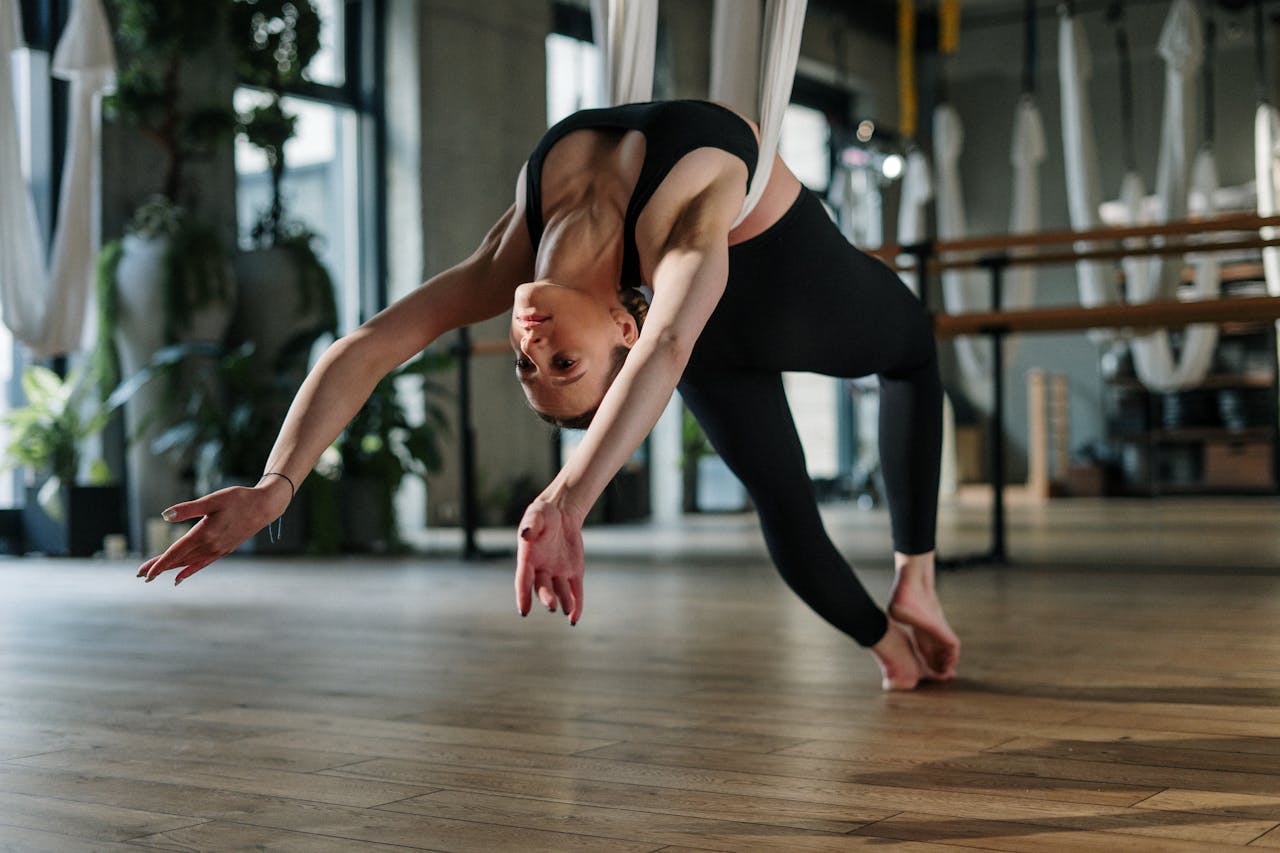The cold season has begun. And we all know how hard it is to get through this time without getting sick. Fitness.com has therefore compiled some important tips to survive the autumn and winter months of the flu season in everyday life. The first cold days of autumn are here, the thermometer fluctuates around freezing at night, and on some mornings, you have to scrape the frozen car windows. At the latest, when you arrive late at the office and find that almost half of your colleagues are at home in bed sick, you know: It's flu season. Not only the thought of not getting infected, but also the desire to stay healthy yourself comes to the fore. Fitness.com, therefore, has some simple but effective tips for you.
The Importance of Hydration and Vitamins
Hydration: Drinking enough water is important all year round, but especially when the body is exposed to cold and flu pathogens. Therefore, drink at least two liters of water per day. The best protection against diseases, without having to run to the pharmacy right away, is the body's own immune system. And this needs to be strengthened to prevent the flu. The immune system can be supported, for example, by the intake of vitamins, especially vitamin C and D. The lemon is an excellent source of vitamin C, which tends to work against colds. Whether as hot lemon or just a few drops of lemon juice in your morning tea – this can help the body fight off colds. A balanced diet with lots of vitamin-rich fruits and vegetables also contributes to strengthening the immune system. Research shows that an adequate supply of vitamin D also plays an important role in immune defense. Especially in the winter months, when sunlight exposure is lower, supplementation can be useful.1
Warm Clothing and Good Circulation
When a cold is approaching, pathogens attack the mucous membranes of the mouth, nose, and eyes. To make these mucous membranes more resistant, good and sufficiently moist blood circulation is important. Good blood circulation is ensured by warm clothing. It is especially important that the feet do not freeze. So, it is better to wear two pairs of socks or, even better, thick soles that form an insulating protective layer against the cold floor. The consumption of cigarettes additionally slows down blood circulation, so smoking should be avoided if possible. A study by the University of Helsinki showed that regular exercise in the fresh air, even in colder temperatures, can strengthen the immune system, as long as appropriate clothing is worn.2
Sauna, Contrast Showers, and Exercise in the Fresh Air
Regular sauna sessions can harden the body and prevent colds and flu. A visit to the sauna trains the blood vessels in the skin. If you do not like saunas or cannot afford them, you should try daily contrast showers: Simply switch from warm to cold while showering. It is important to finish with cold water. The body also needs sufficient oxygen to fight bacteria and viruses. A walk in the fresh air after a strenuous workday not only clears the head but also strengthens the immune system. Even better, of course, is regular exercise, which increases fitness. However, you should not overdo it with outdoor exercise, as extreme physical exertion in cold temperatures can additionally stress the body and thus make it more susceptible to illness.3
The Flu Vaccine and What to Do When You Are Sick
An annual flu vaccination can only help to a limited extent. It only protects against the "real" flu, which is caused by so-called influenza viruses. Often confused with a real flu, normal colds or flu-like infections are triggered by a variety of constantly mutating viruses against which there is no vaccination. However, the flu vaccination is recommended for people with weakened immune systems: older people, children, or people who have a lot of contact with other people professionally, such as taxi drivers, teachers, educators, salespeople, or doctors. Since the effect only begins after ten to 14 days, you should get vaccinated in time, ideally in October. The vaccination is usually done by injection, is usually symptom-free, and lasts for about six months. The costs are covered by health insurance in most cases. But what to do if the illness has already started? Then the first priority is rest and plenty of relaxation. Those who neglect the flu and start sports or other strenuous activities too early risk myocarditis, which in the worst case can be life-threatening. After a flu, you should pause for at least five days before starting sports again.4
It is important to emphasize that this advice is of a general nature and does not replace medical advice. A doctor should always be consulted for specific questions or complaints.
1 Grant, W. B., et al. (2020). Vitamin D supplementation could prevent and treat influenza, coronavirus, and other acute respiratory infections. *Nutrients*, *12*(4), 988.
2 Timmons, J. A. (2018). The biological consequences of exercise and the integrated regulation of human metabolism. *The Journal of physiology*, *596*(11), 2097-2104.
3 Nieman, D. C. (1997). Exercise immunology: practical applications. *Sports Medicine*, *23*(2), 73-108.
4 Roth, A., et al. (2018). Myocarditis after influenza infection: a systematic review. *Clinical Research in Cardiology*, *107*(11), 939-948.













